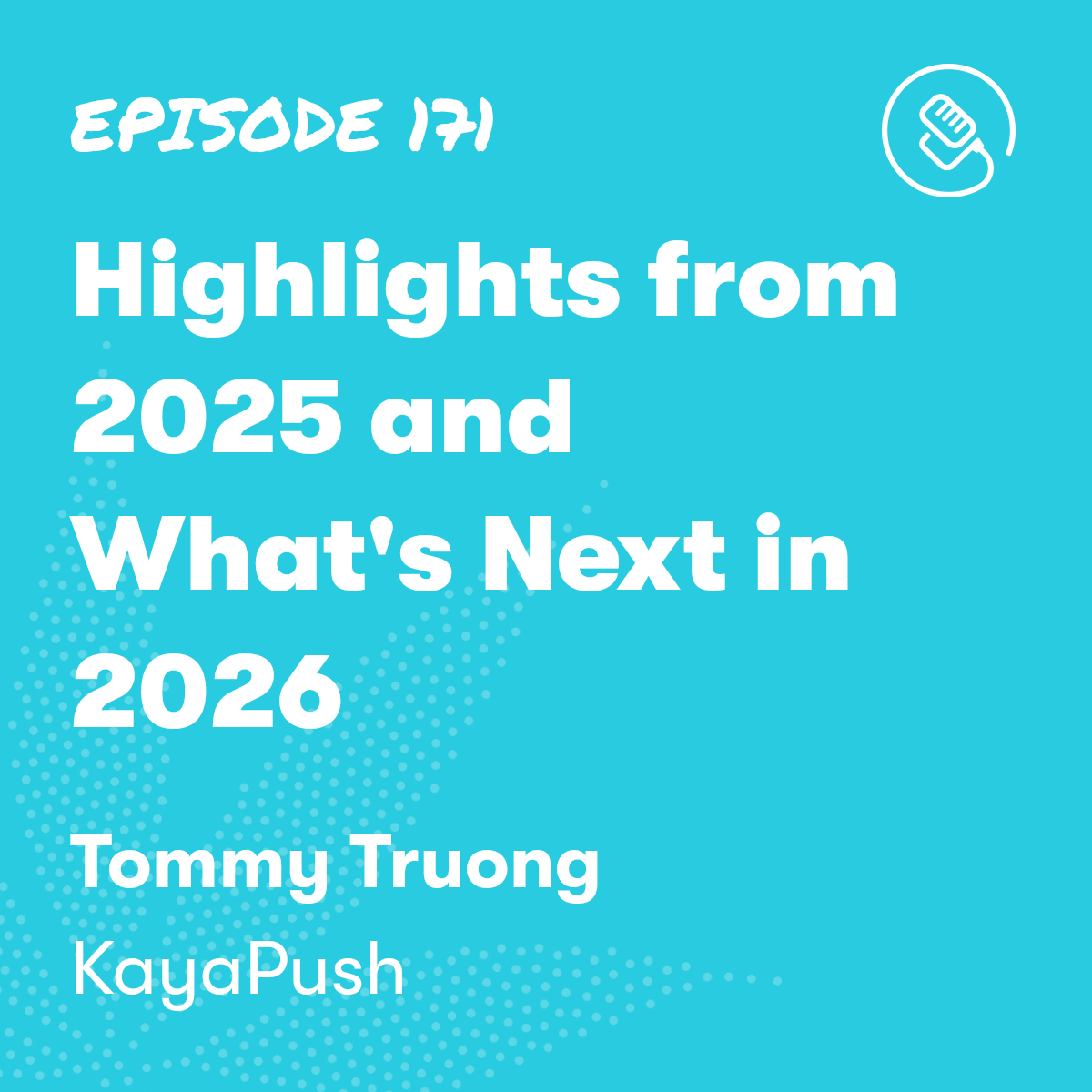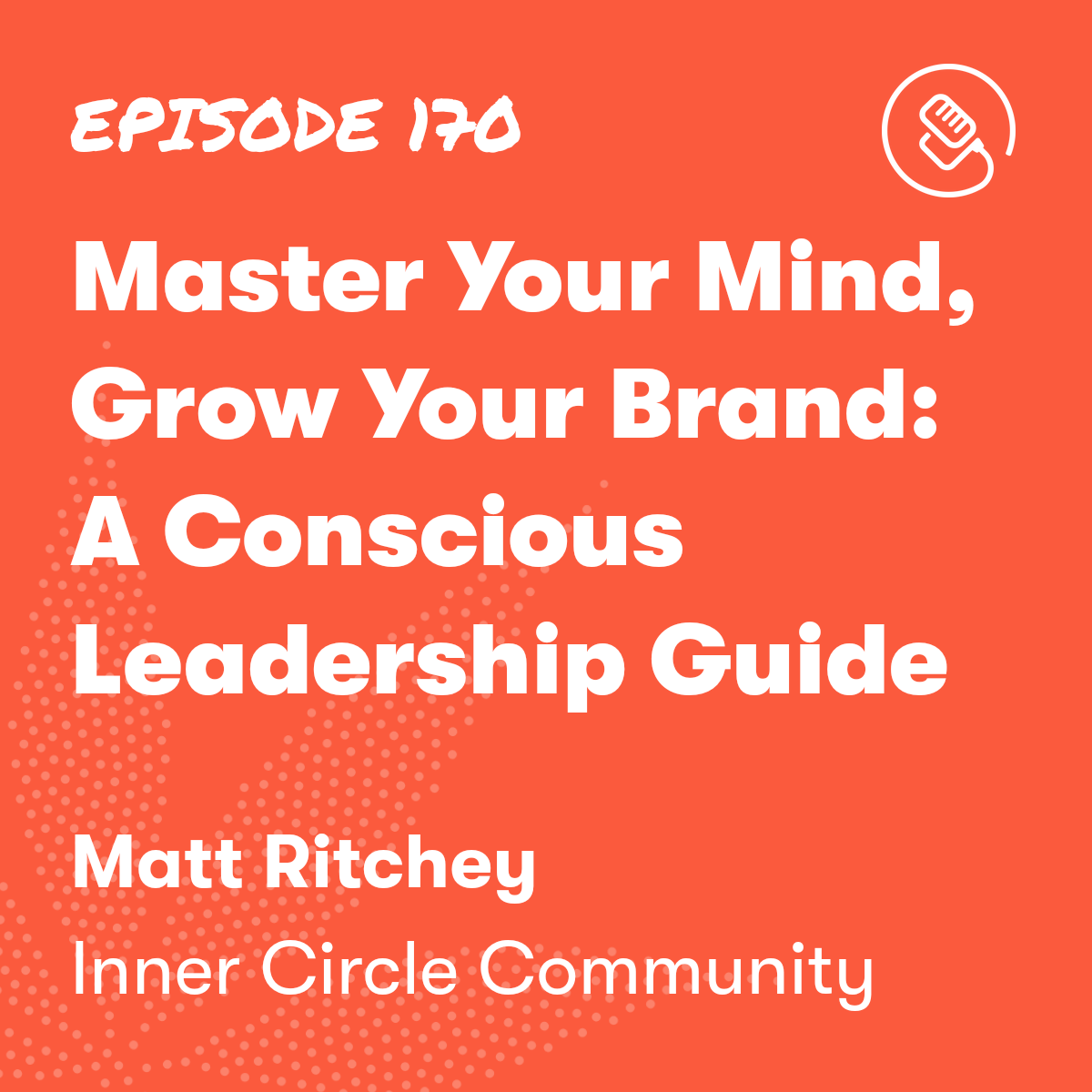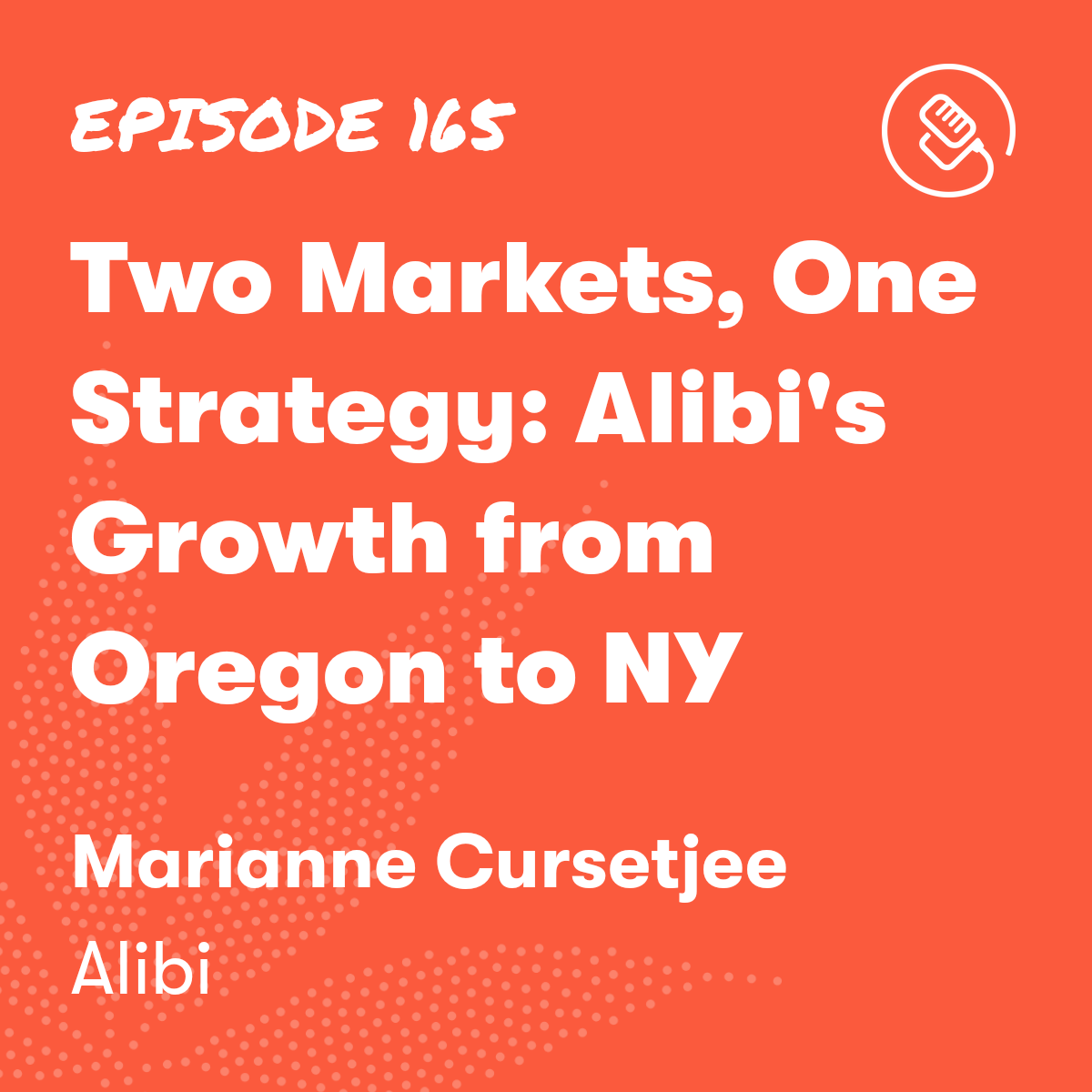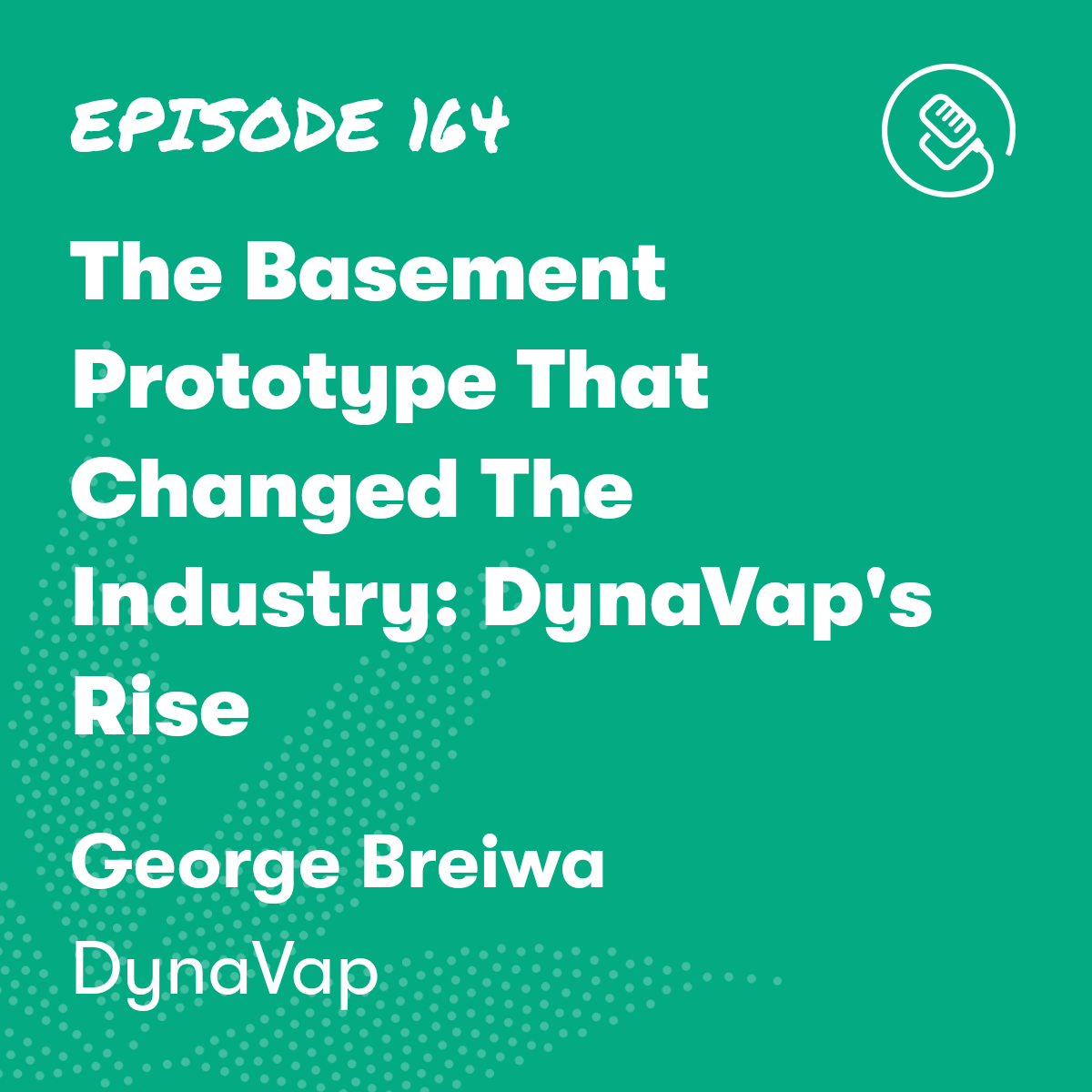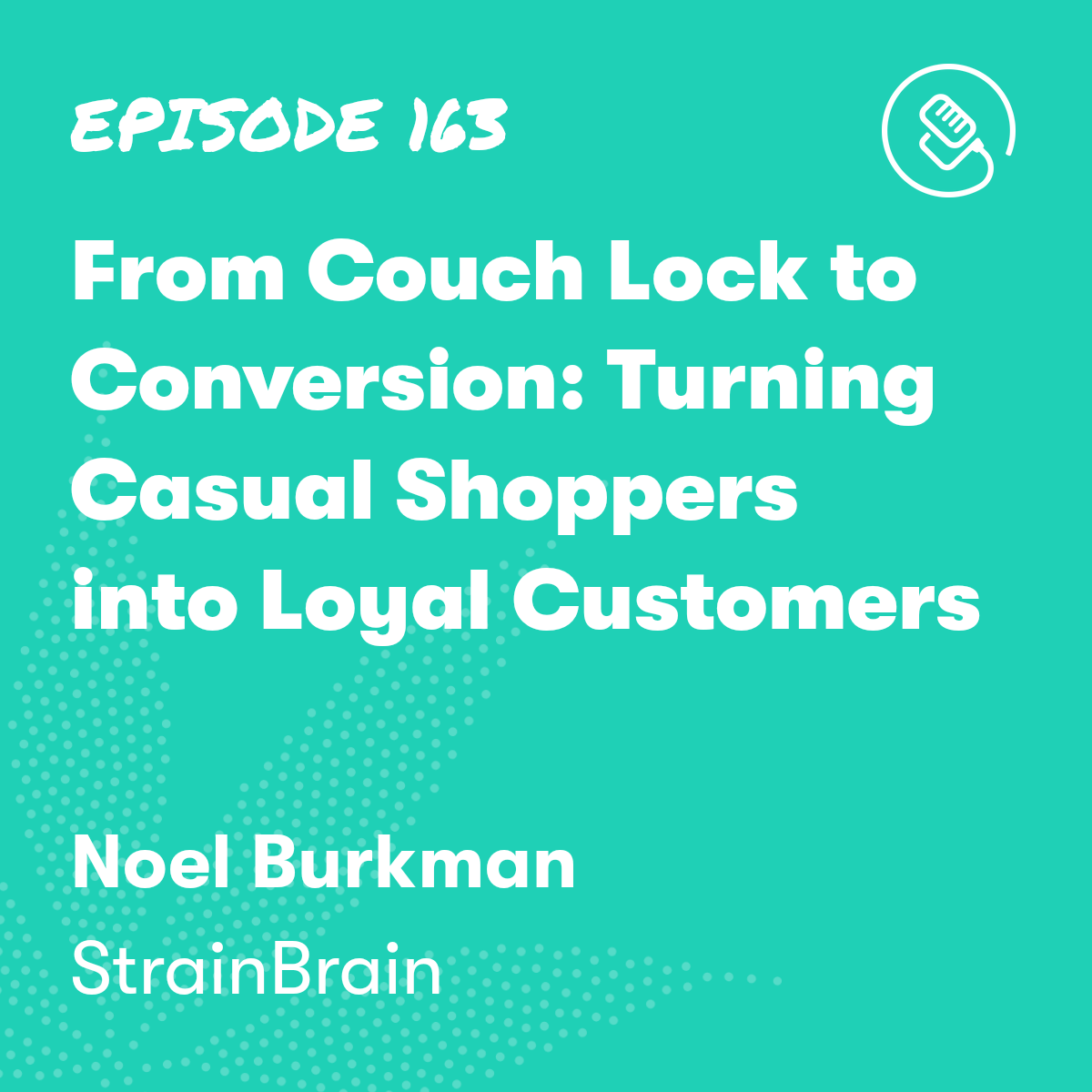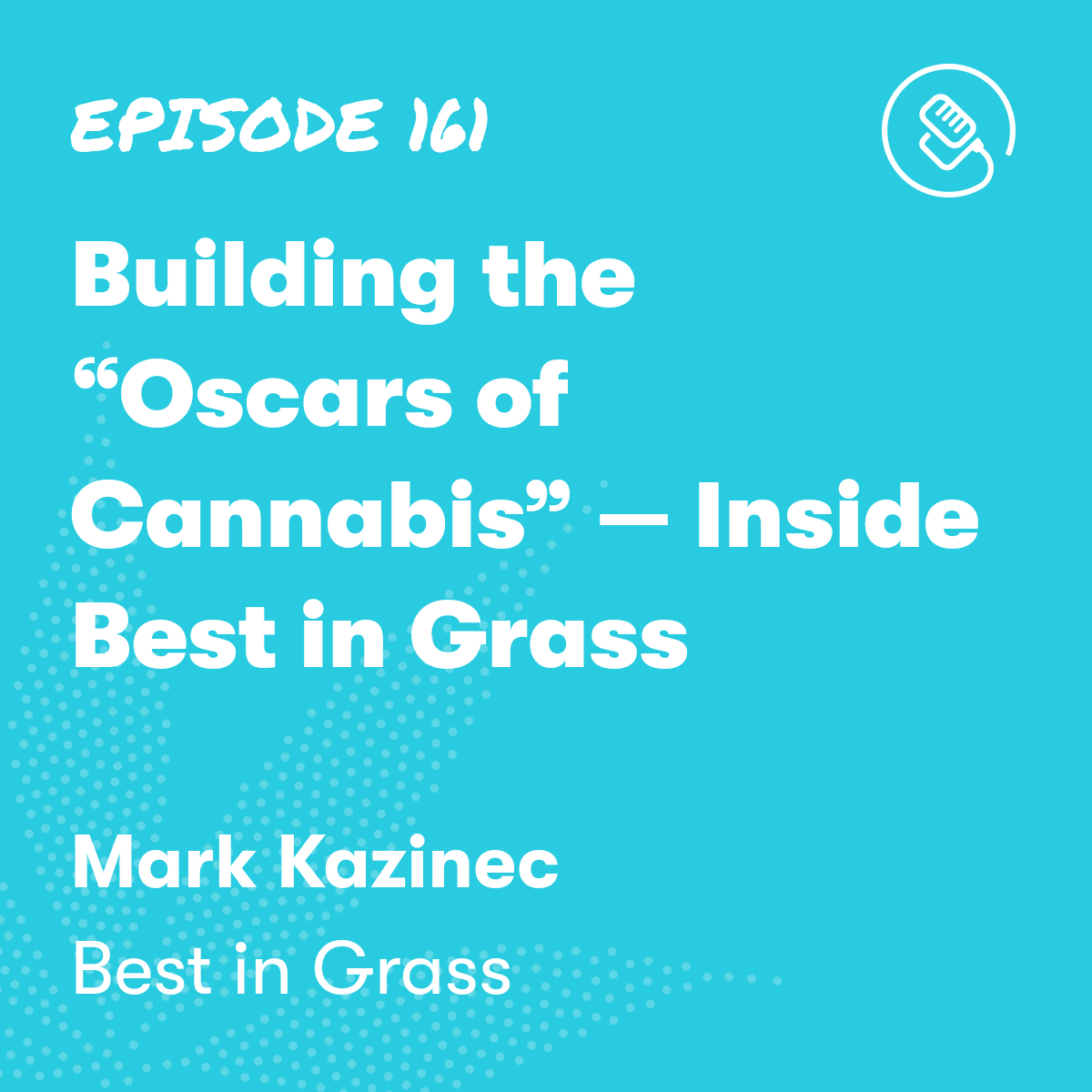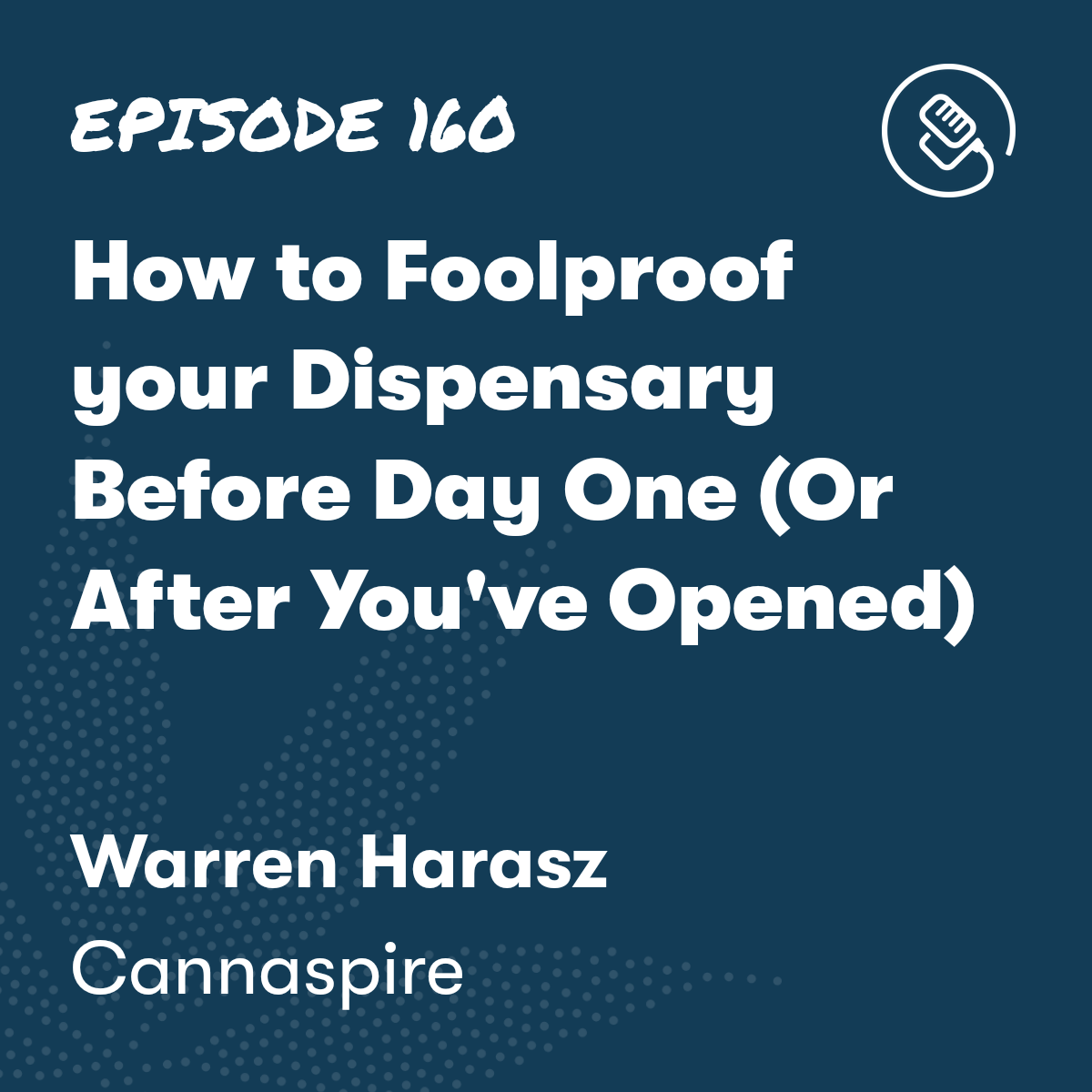

Kaya Cast Turns Two: The Anniversary Episode
Episode Description

Episode Transcript
Tommy Truong: We hit our two year anniversary. Thank you so much for everyone listening. The guests that have come on and have made this podcast interesting. And the team behind the scenes that make all of this work without you guys, none of this can be possible. And today's episode answering your questions.
Over the last few years, we've had so many guests come on to share their stories, but in this episode, we're going to be listening to you. We're going to be answering your questions as well as sharing with you. What the last two years of podcasting has meant to us.
Welcome to the Kaya Cast, the podcast for cannabis businesses looking to launch, grow, and scale their operations. Each week, we bring you interviews with industry experts and successful retailers, plus practical tips and strategies to help you succeed in the fast growing cannabis industry.
Tommy Truong: All right. Question number one as an entrepreneur, if you have to start a business from scratch. What would you do differently? And what would you do the same?
I started a lot of businesses in my career and I've made a ton of mistakes. And learned a lot. The first business that I started was a Dungeness distribution business, where we bought Dungeness crabs from Northern British Columbia. And we shipped it down to Oregon and California. And in this industry that the crabbing industry, you always have to buy from your suppliers, even if the market's saturated, you always have to buy from them. If not, they're going to find a new home. They'll find other buyers.
And you wish, and you hope that you have customers that will do the same. Unfortunately, we just started, we didn't. And I remember the first few shipments that came in. We had 20,000 pounds of crabs that came into the dock that we didn't have a buyer for. And we couldn't leave the crowds overnight at the dock because it's really expensive to do so. As well as you lose two to three pounds of dead loss, because they're out of their natural environment. So we should, so we loaded the crabs onto our truck. And we shipped it down without a home. And we had 24 hours to find a buyer or we're going to lose 20,000 pounds. Of inventory. And I remember. Just a stress. Of 20,000 pounds of crabs on my back without a home. For the next 24 hours, me and my business partner, we picked up the phone and we called every single seafood wholesaler known to man in Western United States. I thankfully. Thankfully. We found a home. In San Francisco.
So we flew down to meet the buyer. And we got ourselves out of this hairy situation. Unfortunately the very next day we found out that this buyer recently went bankrupt. They formed a new company. And this check that they gave us was an international check and they took 21 days to clear because we were in prince Rupert. That's where we're situated. And it was the longest 21 days of my life. I don't think I slept very much for those 21 days. Thankfully the check cleared and we didn't lose $150,000. I learned so much about this business so much. I learned that I didn't like the fact that I had no control on supply. Supply came from the boats. I had no control on the market price. I had no control on. Differentiation. We were selling a commodity, a commodity that expires that dies on you. And we couldn't differentiate ourselves on why we were better. And we use what we learned from this industry. And while we didn't like. And we went to software where. We have unlimited supply. We can differentiate ourselves through our product we're offering and how we help businesses grow and scale.
What I also learned about this is how important it is to choose the right business partner. So you and your business partners need to be aligned in how hard you're going to work your work ethic, how much you're going to put into the business. Your financial position. How much can you sustain financial hardship when it comes as well as what you want financially out of the business, we had another business partner where we just weren't aligned on any of this.
Me and my current business partner, we put our heart and soul into this business. We worked 24 hours a day to make sure that this business was successful, but our other partner, she didn't. She treated it like a nine to five and she didn't work as hard as we did we knew that this wouldn't have worked long-term we were also very different financially. I want the business that I'm in to scale to a hundred million and I'm willing to sacrifice everything that I have. Leave as much money in the business as possible in order to do so. But, the other business partner, she wanted a lifestyle business where the business served her and served the lifestyle that she wanted. There's no right or wrong on this. We just weren't aligned financially on what we wanted from the business. So it was a huge learning for me that you had to be aligned in work ethic. What are you going to put in? As well as financially. Where you are financially. And what do you want out of the business? Long-term.
Okay. Question number two. What advice do you have for aspiring entrepreneurs looking to get into the cannabis industry? Where do I start? If you're, if you need to work with consultants and you need help, do your homework, talk to multiple consultants, get multiple quotes and. Independently get references from people that have worked with your consultants and people in the industry. There's just so many predatory people in this industry. You just want to avoid them. No consultant or lawyer should ever own any percentage of your business for their work ever. Stay away from those people. Success often doesn't come overnight and if it does great, it's great to be lucky, but don't plan for that. People have this misconception that just because you are selling cannabis, that you're going to be successful when. This is not the case. This is a competitive industry and just like any other industry, you have to be good to survive and you have to be great. To succeed. So plan for that. The name of the game in the beginning is survive. You want to get to break even as soon as possible. Because this gives you the financial freedom to grow your business without the stress of not having enough money. To survive. So in order to do that, you want to conserve as much cash as possible. Find the smallest location in the area that you want to operate. Spend as little as possible to get the business started to open the doors. You can always invest more money in later. And start selling, get to break even as soon as you can.
When you open the doors, you're going to be busy. You just are, there just so many things to do, and so little time to do it. And unfortunately, no matter how successful you get, they'll have no matter how much cash you've accumulated. You'll never have enough resources to do everything. So what you want to do. Is Lissa the key processes that drive your business. For shrank them.
What is really important? Marry each process with an owner. And if you own everything, therein lies your problem and start tackling issues one at a time, rally the team around the most important thing in your business that you have to get. Right. And, and go.
Listen to your employees and your customers. If you're trying to solve a problem, involve your employees. It increases ownership as well as employee engagement and chances are your employees understand your business more than you because they're in it every day. And make a habit to talk to your customers at the end of the day. They're the ones that exchange their hard earned money at your store, understand what they want and what they expect from you.
And finally, it's great to learn from other people, but make sure that you have a filter and you make it your own. I remember when I first started my business and somebody that I really respected told me to not get into the payroll HR space, that it was crowded and what am I doing? And had I listened to her, I wouldn't be where I am today. So. It's great. Yeah. Listen to other people, but only you understand your business, the unique circumstances that you're in. And make sure that the advice that you're listening applies to the situation that you're in.
Question number three. What has the last few years of podcasting taught you? And what are your plans for the future? I've learned so much over the past few years. I'm so grateful to be able to talk to experts and the share their knowledge with everyone listening. So, what can you expect from the future? We will continue to have experts in their field as well as entrepreneurs. Who have grown and scaled their business. You're going to see an increase in production value of the pod now that Owen's on the team. And the feature is really up to you, please. We'd love to hear your feedback, leave us a comment and let us know. What do you want in the future episode of the pod?
I want to thank you guys for listening. I hope you guys enjoyed this episode. None of this would be possible without you. Wherever you are Apple Spotify, et cetera, please subscribe. It really helps the channel. Oh, a lot. I'll catch you guys on the next pod.
Thanks for listening to the Kaya Cast podcast. We hope you enjoyed the show. Don't forget to subscribe to our podcast in your favorite podcast app, or visit our website to learn more about our guests and to access the full archive of episodes from the show. Join us next time as we continue to explore the world of cannabis and help you grow, launch, and scale your business.
